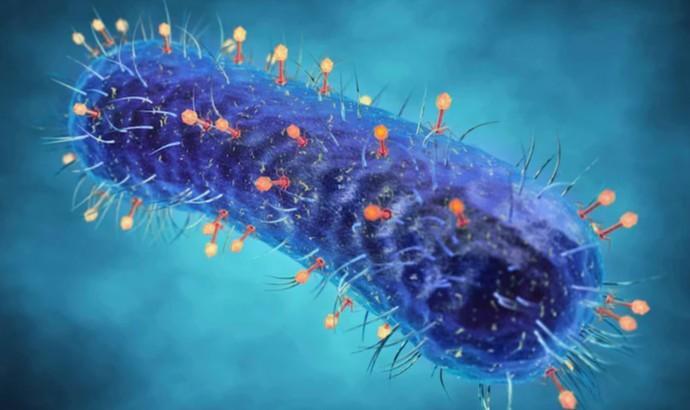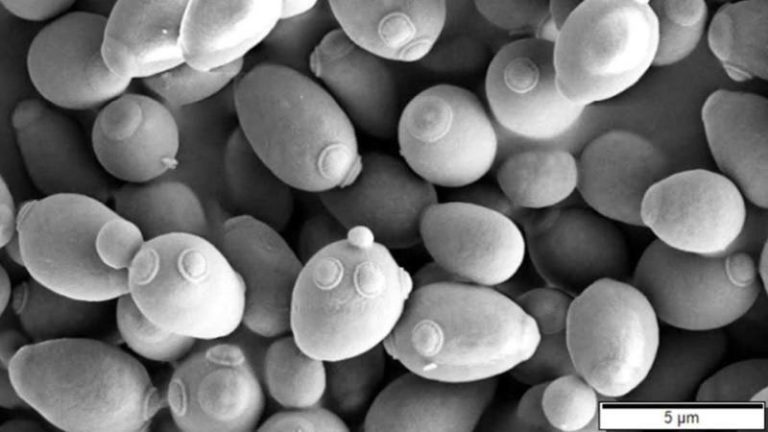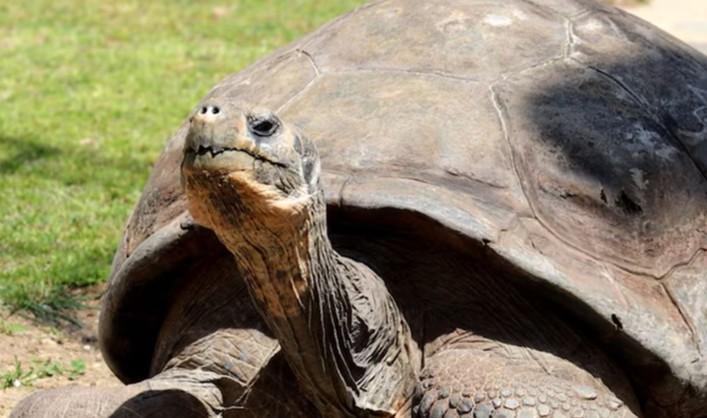
Bacteria Used Oxygen 900 Mn Years Before Earth’s Oxidation Event
In a groundbreaking discovery, scientists have found evidence that some bacteria learned to use oxygen 900 million years before Earth’s atmosphere was full of it. This finding has significant implications for our understanding of the evolution of life on our planet.
The research, which was published in a recent study, utilized an artificial intelligence (AI) model to analyze genomic data from ancient bacteria. The team of scientists discovered that some bacteria were consuming oxygen well before the ‘Great Oxidation Event’ (GOE), which took place 2.4 billion years ago.
The GOE was a pivotal moment in Earth’s history, marking the transition from an oxygen-free environment to one with high levels of oxygen. This event had a profound impact on the development of life on Earth, as it paved the way for the evolution of complex organisms that rely on oxygen for survival.
However, before the GOE, the Earth’s atmosphere was largely devoid of oxygen. This was due to the fact that oxygen was not being produced at a sufficient rate by photosynthetic organisms, such as plants and algae. As a result, the environment was hostile to most forms of life, and the development of complex ecosystems was severely limited.
The discovery of oxygen-using bacteria 900 million years before the GOE challenges our current understanding of the evolution of life on Earth. It suggests that some bacteria were able to adapt to the low-oxygen environment in ways that were previously unknown.
The study used an AI model to analyze genomic data from ancient bacteria, which were preserved in fossilized rocks. The model was able to identify specific genes and metabolic pathways that were associated with oxygen use, allowing the researchers to reconstruct the evolutionary history of these bacteria.
The findings of the study provide new insights into the evolution of life on Earth and the development of complex ecosystems. They also highlight the importance of continued research into the evolution of life, which can provide valuable insights into the origins of life on Earth and the potential for life on other planets.
How Did Bacteria Use Oxygen Before the GOE?
The study found that some bacteria used a process called anaerobic respiration to use oxygen. This process allows bacteria to generate energy from the breakdown of organic molecules, even in the absence of oxygen.
In anaerobic respiration, bacteria use alternative electron acceptors, such as sulfur or iron, to generate energy. This process is less efficient than aerobic respiration, which uses oxygen as the final electron acceptor. However, it allows bacteria to survive and thrive in environments with low levels of oxygen.
The researchers believe that these oxygen-using bacteria played a crucial role in shaping the evolution of life on Earth. They may have provided a source of energy for other organisms, allowing them to thrive in environments that would otherwise be inhospitable.
Implications for the Search for Life on Other Planets
The discovery of oxygen-using bacteria 900 million years before the GOE has significant implications for the search for life on other planets. It suggests that life can adapt to a wide range of environments, even those with low levels of oxygen.
This finding highlights the importance of continued research into the evolution of life, which can provide valuable insights into the origins of life on Earth and the potential for life on other planets. It also emphasizes the need for a more nuanced understanding of the conditions necessary for life to exist, which may be more flexible than previously thought.
Conclusion
The discovery of oxygen-using bacteria 900 million years before the GOE is a significant finding that challenges our current understanding of the evolution of life on Earth. It highlights the importance of continued research into the evolution of life, which can provide valuable insights into the origins of life on Earth and the potential for life on other planets.
The study provides new insights into the evolution of life on Earth and the development of complex ecosystems. It also highlights the importance of anaerobic respiration in the evolution of life, which may have played a crucial role in shaping the evolution of complex organisms.
The discovery of oxygen-using bacteria 900 million years before the GOE is a reminder of the importance of continued research into the evolution of life, which can provide valuable insights into the origins of life on Earth and the potential for life on other planets.
Source:






